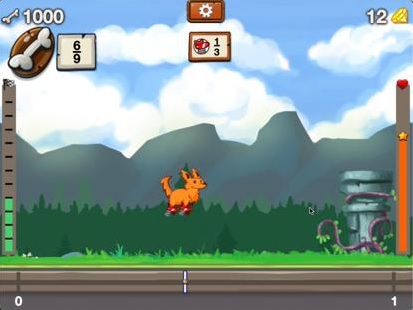Flow Experience and Situational Interest in Game-Based Learning: Cousins or Identical Twins
DOI:
https://doi.org/10.17083/ijsg.v8i3.462Keywords:
Engagement, Flow experience, Situational interest, Game-based learning, Adaptive scaffolding, Fractions;Abstract
While game-based learning seems to be an effective instructional approach, the underlying learning and engagement mechanisms of games are still poorly understood. In the current study, we investigated to what extent flow experience and situational interest are different indicators of engagement in game-based learning. Fifty-two Finnish 5th graders played a game on fractions at home during COVID-19 enforced distance learning. Flow and situational interest measures were embedded directly into the game environment. Results revealed that although flow experience and situational interest constructs share similar components, they also differ. In particular, regression analysis indicated that situational interest is mostly related to immersive aspects of flow. Moreover, learning gains achieved by playing the game and situational interest were positively related – a relation not found with flow. Although flow was not related to learning gains, it seems to be a more competence-oriented construct than situational interest as it was positively correlated with in-game performance. The design of the game successfully supported weaker students with adaptive scaffolds and in-game self-reporting measures worked well. Taken together, even though situational interest and flow share similar components, both constructs are important for multifaceted assessment of engagement in game-based learning. Theoretical and practical implications for engagement research and game design are discussed.

Downloads
Published
Issue
Section
License
Copyright (c) 2021 Kristian Juha Mikael Kiili, Antero Lindstedt, Antti Koskinen, Hilma Halme, Manuel Ninaus, Jake McMullen

This work is licensed under a Creative Commons Attribution-NonCommercial-NoDerivatives 4.0 International License.
IJSG copyright information is provided here.